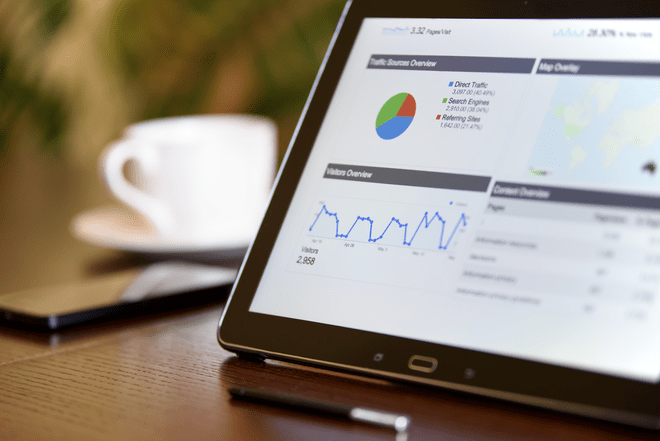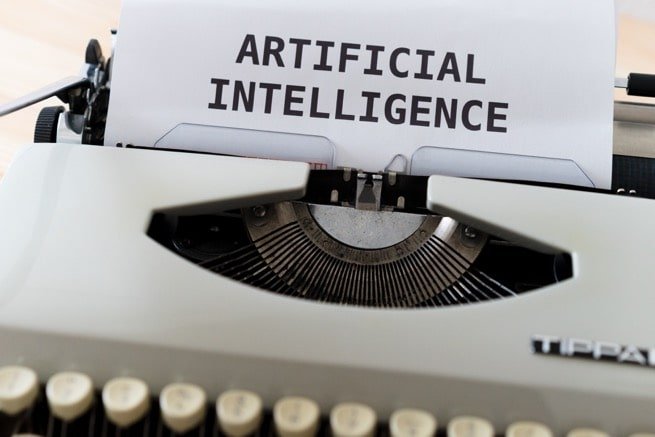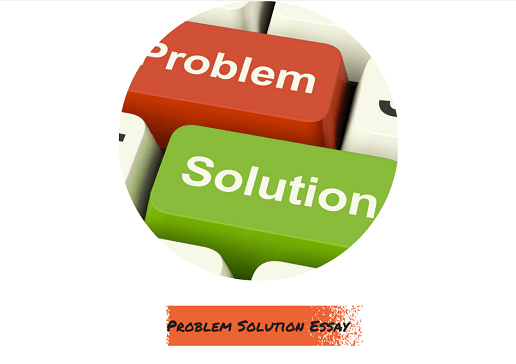5 Key Concepts of Data Science and BI You Should Know

December 26, 2017
Every time a consumer accesses the Amazon website searches for something, and/or makes a purchase, the wheels of data science are churning. Ultimately, you have a “history” with Amazon as do customers who are demographically similar to you. And based upon what these others have purchased, you will be shown these items as well. Your home page, when you access Amazon, will not look like your neighbor’s. And of course, other businesses get and stay in touch, too, and present products or services based upon your search histories.
Data science. It is no longer a buzzword. It is a mathematical and statistical technique that businesses of all sizes are using to gather huge amounts of data, sift it, categorize it, and determine which will be useful to an organization as it makes decisions. It is complex from a technical aspect, and many business owners consider it beyond their skill and understanding level. In reality, users of data science do not themselves have to be data scientists or business intelligence analysts. Anyone can take advantage of this technology if they understand the basics and where to go to get the expertise they need to implement it.
Who Uses Data Science?
The technology crosses all industries – any organization that wants to use data to make smarter business decisions. It is especially useful for finance/investment/insurance, marketing, and retail niches – niches in which customer behaviors are important to analyze to produce more revenue. Thus, a bank will analyze consumer behaviors relative to the types of loans they find attractive, based upon a number of criteria they have set up in advance. Big data will allow them to see patterns of borrowing, modify their offerings and predict future borrowing.
Using data science and BI is no longer an option for any business if it wants to remain competitive. And again, business owners need not be data scientists/analysts. But they do need to understand the basic concepts.
So, here for the layman, are 5 key concepts of data science and business intelligence that will give business leaders the understanding they need to go forward.
- Some Term Definitions
People tend to mesh together the three key terms involved in the new technology of data – analytics, data science, and business intelligence. So, it’s important to understand what each means and how it relates to the other two.
Analytics: Analytics is at the core of both data science and BI. It is the sum total of those functions that sort, cluster, categorize, and predict future scenarios. Analytics relies on mathematics and statistics, analyzing both historical and current data, and producing viable options for businesses.
Business Intelligence: BI is that function that presents the results of analytics, through a variety of tools, in reports that are understandable to the average layperson. It does not take an IT specialist to interpret these reports, and they can be based upon specific questions that a user develops.
Data Science: There are huge amounts of data floating around in cyberspace – thus the term big data. This data is both structured and unstructured, and some IT pros came to realize that they could mine that data from all sources, categorize it, synthesize it, and determine its potential value to a particular organization’s goals. Through algorithms and advanced statistical methods, this data is sorted, analytics is applied, and business intelligence tools prepare the reports.
- What Data Science and BI Can Do for Businesses
Data will bring clarity to businesses as they look to make decisions. It reduces the uncertainty by showing what has worked historically and what should work going forward. Some of the most common use cases are the following:
- Fraud Analysis/Prevention. Data can be used to gather the most common elements of fraud and flag those transactions that present those elements. This is especially helpful in industries like health care, where payments are being made to providers. Transactions that are flagged can then be investigated further before payments are made. Banks use big data to flag potential fraud in credit card use.
- Inventory Cost Reduction. Big data can inform businesses, through historical and current data on amounts of inventory to keep, based upon customer behavior.
- Shopping Cart and “Market Basket” Analysis. Data can show retailers shopping patterns of consumers in their industry. If Amazon knows that customers who purchase a specific item also tend to purchase another item, then it can present that second item when the first is bought.
- Risk Analysis. Financial and investment services can look at historical data and compare that with current conditions to determine lending and portfolio risks.
- Big Data and Forecasting
Big data provides business intelligence, through churning historical data and the use of machine learning. Businesses can now acquire statistical models to forecast future sales, by month, by season, etc. Hospitals can forecast capacity needs and schedule staff accordingly. Big data and machine learning are taking much of the guesswork out of the future. If businesses want to stay competitive, they will use it to make decisions about their futures.
- Data Science is For Businesses of Any Size
There has been a misconception out there that data science is only for the “big boys.” But every business generates data, whether it is Amazon or a small organization with a small retail niche. While the big boys may employ their own data scientists, businesses of any size have access to the technology, by using DaaS (data as a service) enterprises that have scientists and tools to engage in analytics for any niche and produce reports that are understandable to owners and managers, as they make business decisions. The key will be control of that data so that it is not “leaked” to third parties, especially competitors. It will be important to review the security features of any DaaS with whom a business contracts and to control who within the organization has access to that data and how it is accessed.
- Data Science and BI will Change an Organization’s Culture
Once an organization commits to the use of data science, everyone must be on board. Typically, managers and C-level executives have seen IT functions as very traditional – keeping the systems up and running. There has not been a lot of deep collaboration. Data science and BI tools that generate critical information, both historical and current, however, will mean that IT and other departments will need to engage in deep collaboration. This means the development of new relationships where they did not exist before.
Data science and the BI that comes from its use is powerful stuff, indeed. Businesses that intend to remain competitive will not have an option to use it or not. And no business owner or executive need fears this technology because they do not happen to be IT experts or analysts. The technology is there; the expertise is out there, and the tools can produce analysis and reporting that anyone can understand.



